Magazine
How To Apply Moisturizer: Tips To Do It Like A Pro
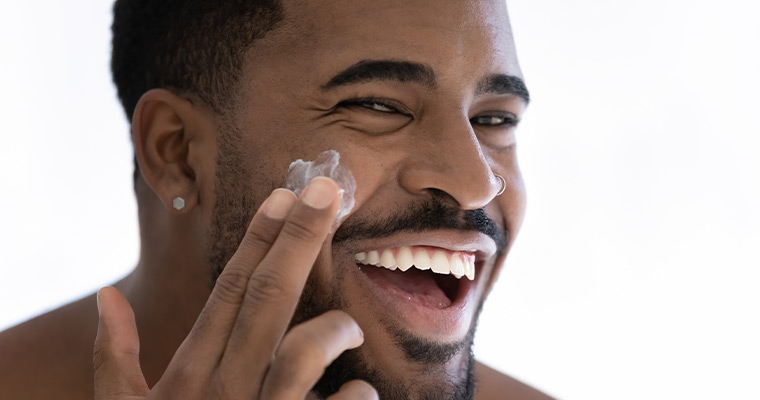
The sebaceous glands in our skin act as our body’s personal lubricating system. These glands produce and secrete sebum to retain more moisture. Nevertheless, every man — especially those leading active lifestyles — can benefit from additional moisture and hydration.
While there are several sources of moisture available to you, the best is a quality moisturizer.
Today, Particle will be sharing with you everything you need to know about moisturizer and how to apply it so that you render the top results.
Moisturizer
One of the most important effects of moisturizer is the way that it strengthens the moisture barrier. In doing so, moisture can restore dry skin as well as prevent further damage. Moisturizer is good for treating irritated skin and soothing redness and itchiness.
Keeping your skin moist may also help with combatting breakouts. Dry skin often results in flaky skin particles. These dead skin cells have the potential to clog your pores, in turn causing the production of pimples. Applying your moisturizer daily may prevent this.
Finally, moisturizers can contribute to preventing premature aging through hydration. Moisturizer can allow your skin to feel plump and firm, thus minimizing the appearance of fine lines.
To reap all of these benefits, it is important that you are using the right moisturizer for your skin. It is best to base your moisturizer on your skin type. For instance, if your skin type is oily, opt for a water-based moisturizer instead of skipping moisturizer altogether out of fear of clogging your pores.
The important thing is that you are using a moisturizer that keeps your skin balanced and hydrated. Check the ingredients in your moisturizer before applying it to your skin. The goal is for the ingredients to contribute to making the product a humectant. Humectants are moisturizing agents found in several creams and lotions.
Additionally, natural is always better. Look at how many natural ingredients are in your moisturizer and see what benefits they have to offer for protecting and improving your skin.
We recommend the Particle Face Cream. The premium 6-in-1 cream is a radical innovation in men’s skincare. The product uses a combination of high-grade ingredients to provide you with a healthy complexion.
Just a couple of the all-natural ingredients found in this cream are lactic acid, which improves the natural moisture levels, and jojoba oil, whose soothing properties reduce dryness. For a full list of ingredients, click here.
Particle Face Cream is designed for safe use on all skin tones and sensitivity levels. Though individual results may vary, you can start to notice results as early as one to three weeks into using the product daily.
Once you have selected your moisturizer, you can begin your application process. Apply your moisturizer gently both in the morning and at night. Although you should also be using sunscreen every day, consider using a moisturizer containing SPF for additional support.
Up Your Water Intake
In addition to using a moisturizer every day, you can support your skin’s moisture levels by monitoring your water intake.
Drinking enough water is essential for maintaining your skin’s health. By drinking an ample amount of water every day, you can maintain a balanced pH level, support your skin’s elasticity, and clear out pores to keep the skin healthy and moist.
The amount of water you should drink in a day varies depending on your weight, height, and lifestyle. However, the recommended average for men is about 15.5 cups of fluids a day.
It is also possible to up your water intake by consuming more foods rich in water. By making an effort to add foods with higher water content into your diet, you can guarantee your skin more moisture.
Here are some simple food choices for keeping your skin moisturized and hydrated.
Fruit
There are several different fruits that you can eat to increase your water intake.
One of which is watermelon. Watermelon is one of the most hydrating foods, with a water content level of 92 percent. A single cup of watermelon contains over half a cup of water. With such a high water content, even large portions of watermelon contain very few calories. Plus, watermelon can provide you with antioxidants and important vitamins like vitamin A and C.
Another fruit rich in water is strawberries. Just like watermelon, strawberries are extremely hydrating, with a high water content of 91 percent. In addition to hydration, strawberries provide you with fiber, vitamins, minerals and are known to reduce inflammation.
Vegetables
Vegetables are a great source of water intake.
One of the vegetables most rich in water is cucumber. Cucumbers have a water content of 95% and are extremely low in calories, with only eight calories in half a cup of cucumber. The refreshing vegetable is also a good source of potassium and magnesium.
Another water-rich vegetable is lettuce. Lettuce is slightly more hydrating than cucumbers, with a water content level of 96 percent. A single cup worth of lettuce is equal to a little over a quarter cup of water. Additional benefits of consuming lettuce include fiber and vitamins like vitamin A and K.
Dairy
Believe it or not, some dairy products also act as sources for water intake.
Plain yogurt is considered a water-rich food with a water content of 88 percent. Just one cup of yogurt consists of over 75 percent water. Additionally, consuming plain yogurt can increase your calcium, phosphorus, protein, and potassium levels. Be wary of flavored yogurt high in unhealthy added sugar.
Cottage cheese is also considered amongst the top dairy products for increasing your water intake. Cottage cheese has several hydrating properties with a water content of 80 percent. The product is also a great source of B vitamins, calcium, selenium, and phosphorus.
Conclusion
In conclusion, keeping your skin moisturized is extremely important, even with our body’s built-in lubricating system. Every man should take the time to ensure that he is using the right moisturizer for his skin and then apply it twice a day. Remember to consume enough water to help maintain a hydrated complexion.
Sources:
Hydration status and health | PubMed
Skin type classification systems old and new | PubMed
“Drink at least eight glasses of water a day.” Really? Is there scientific evidence for “8 x 8”? | PubMed

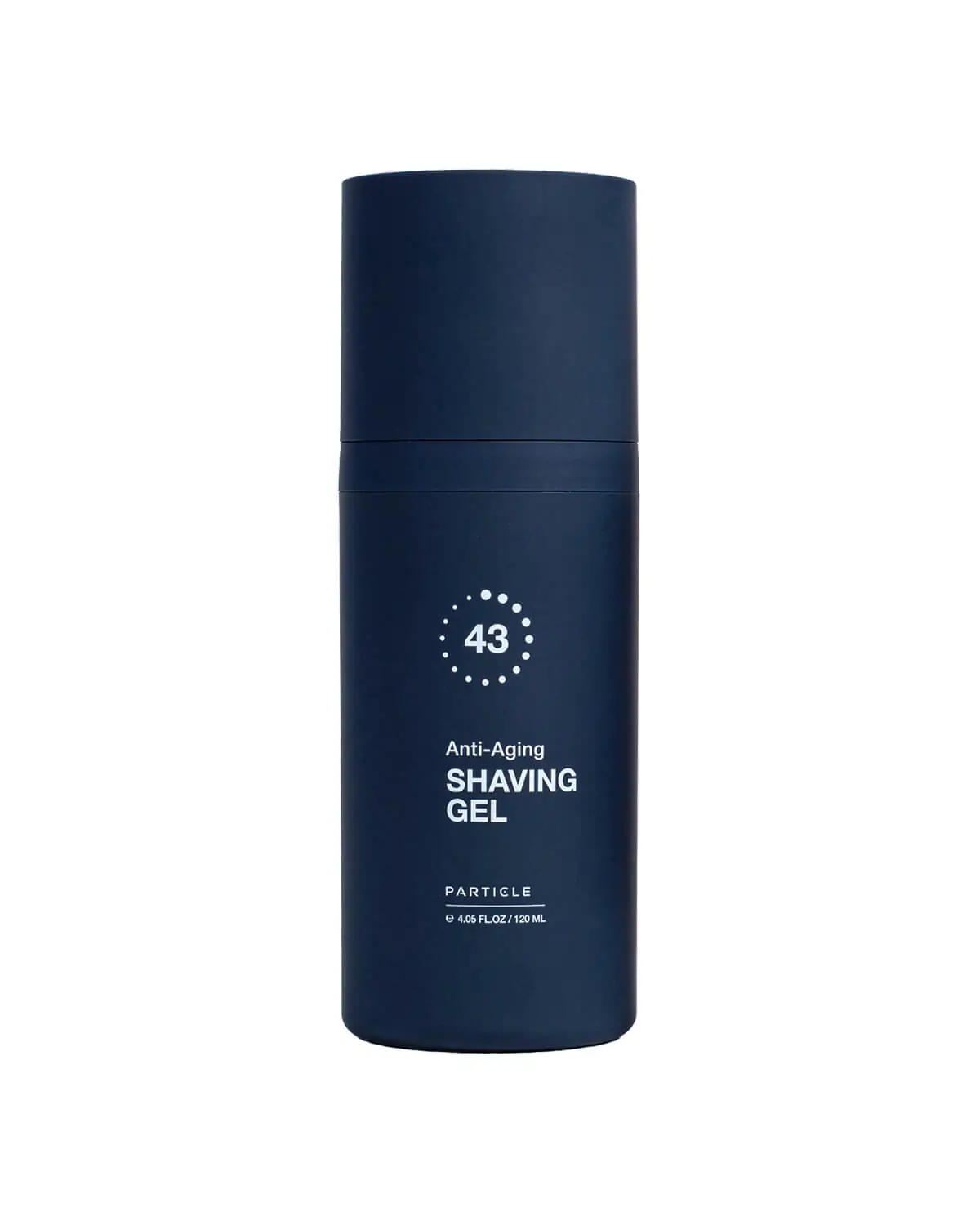
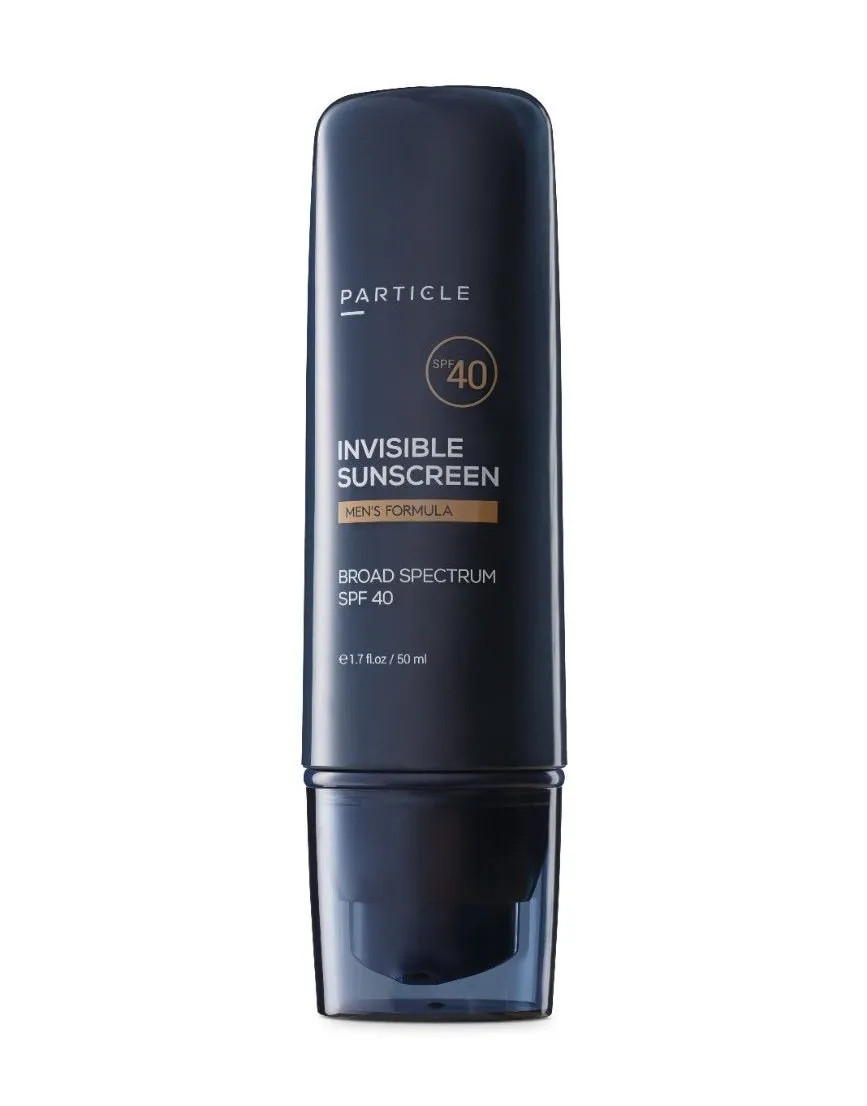
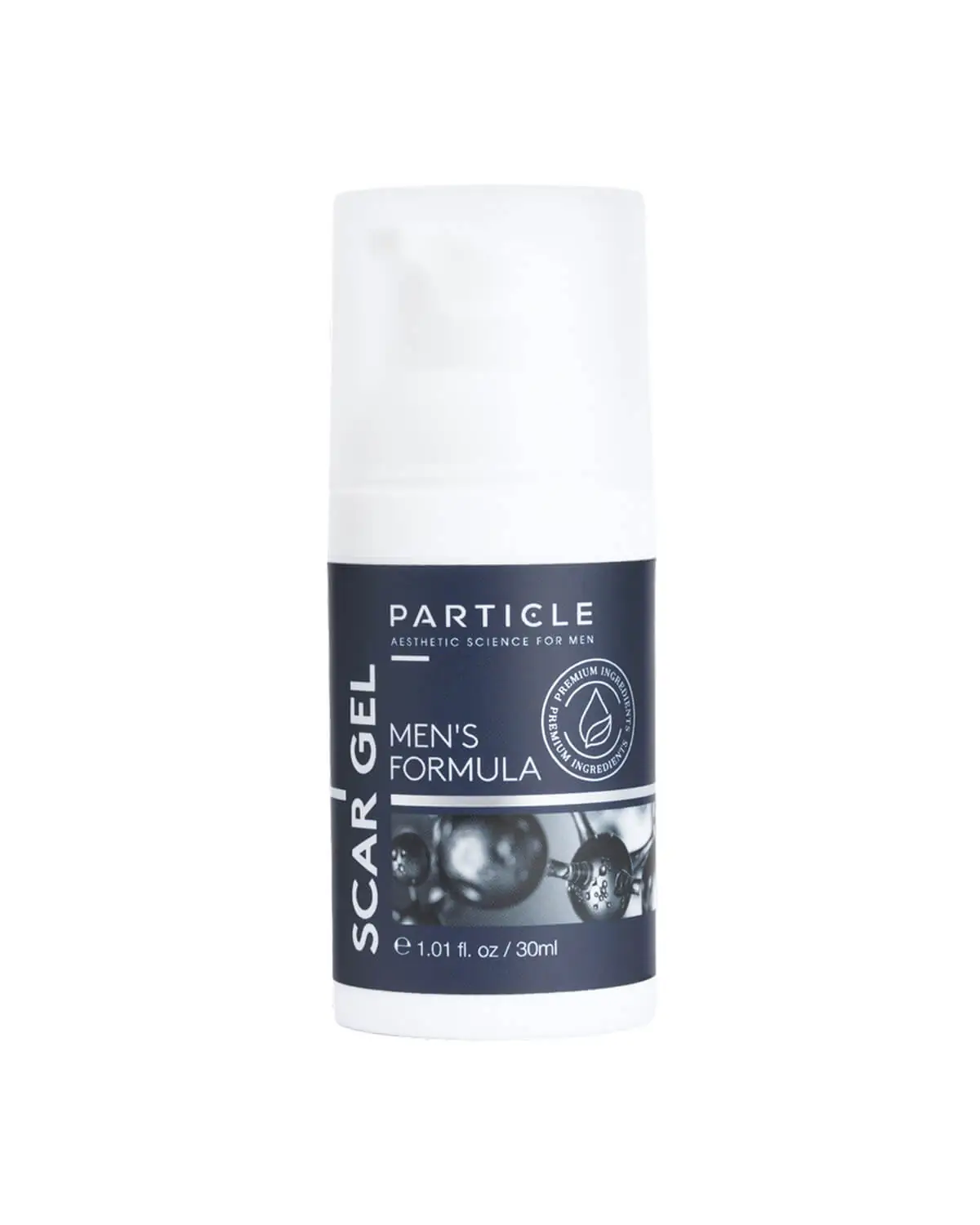
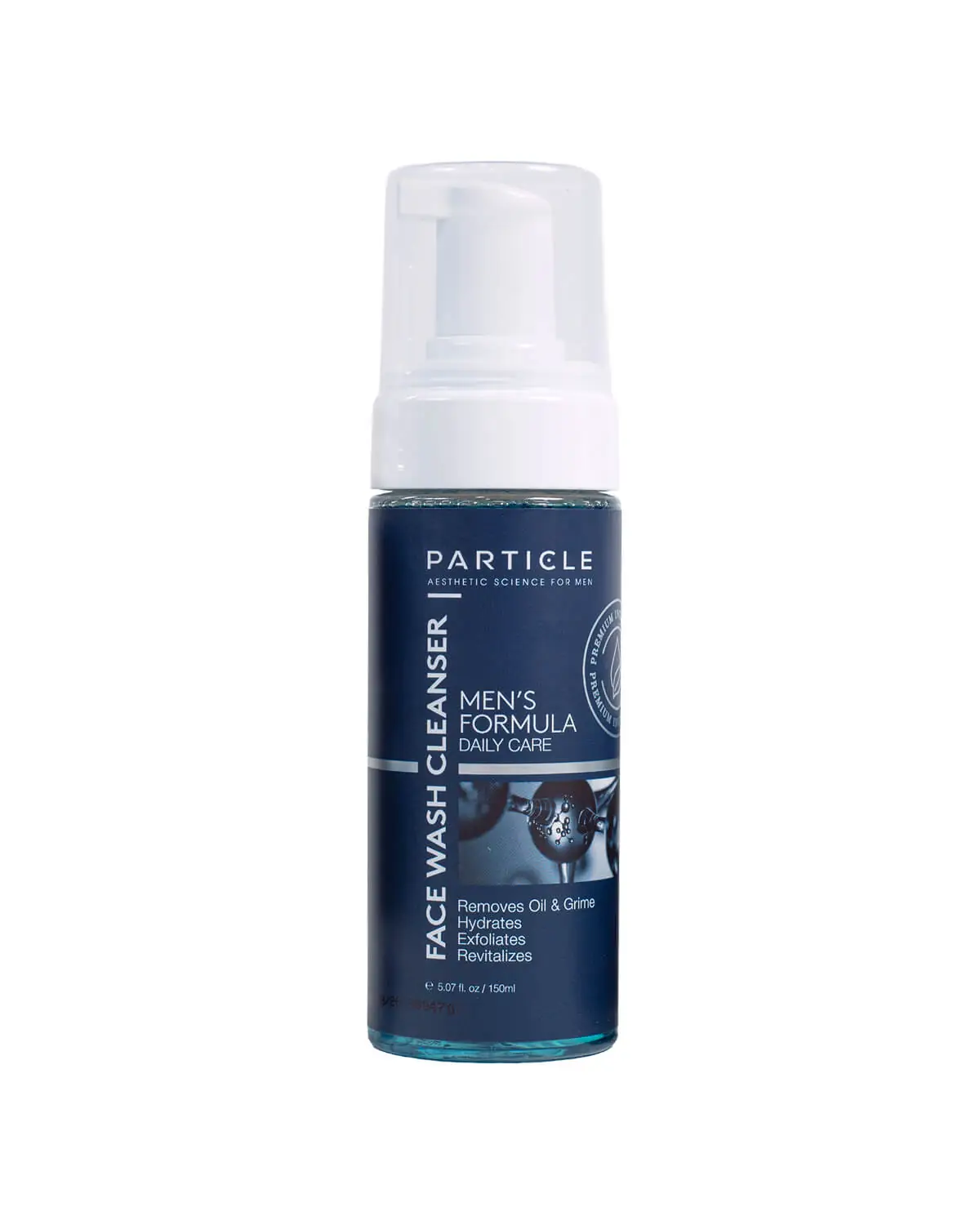
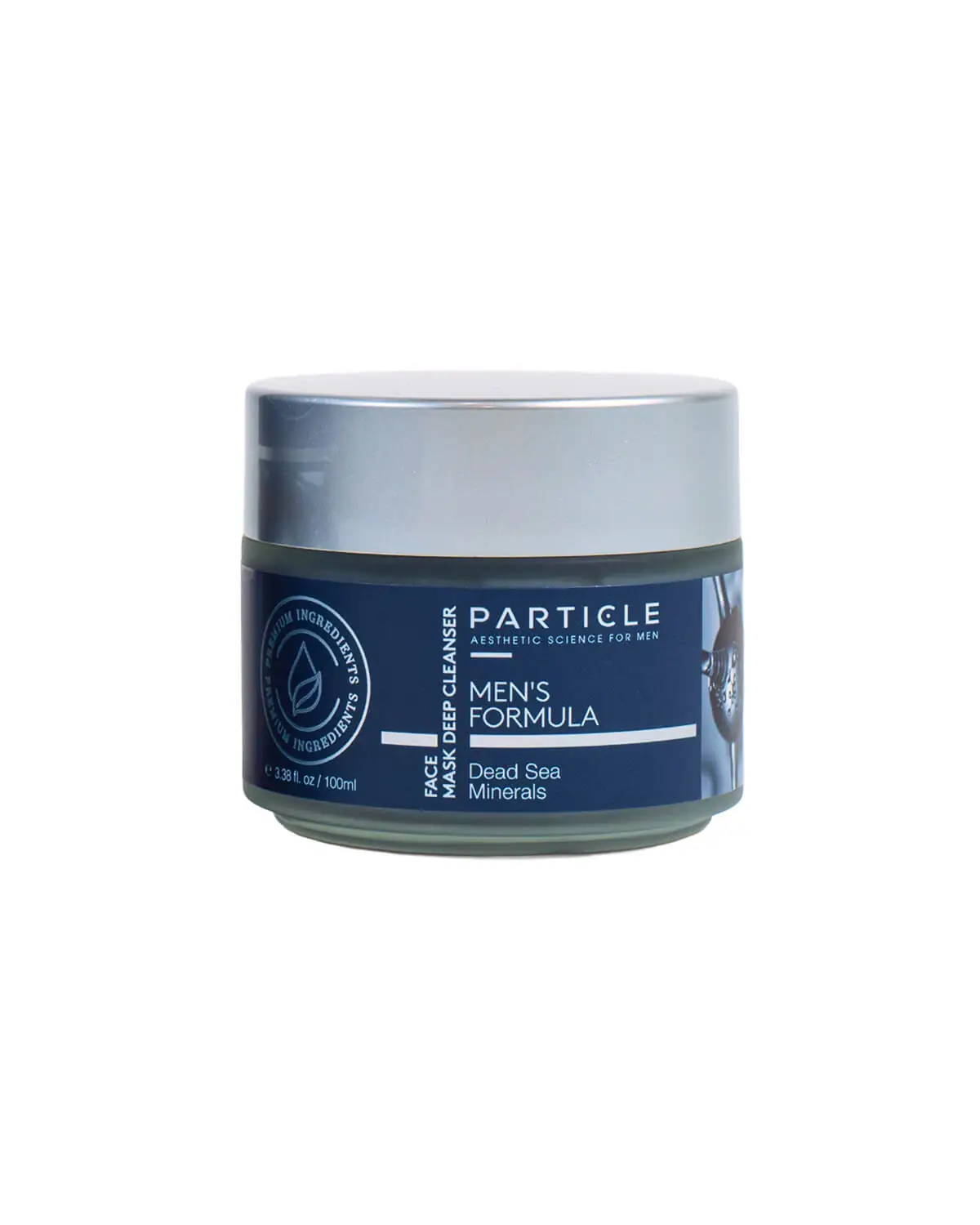
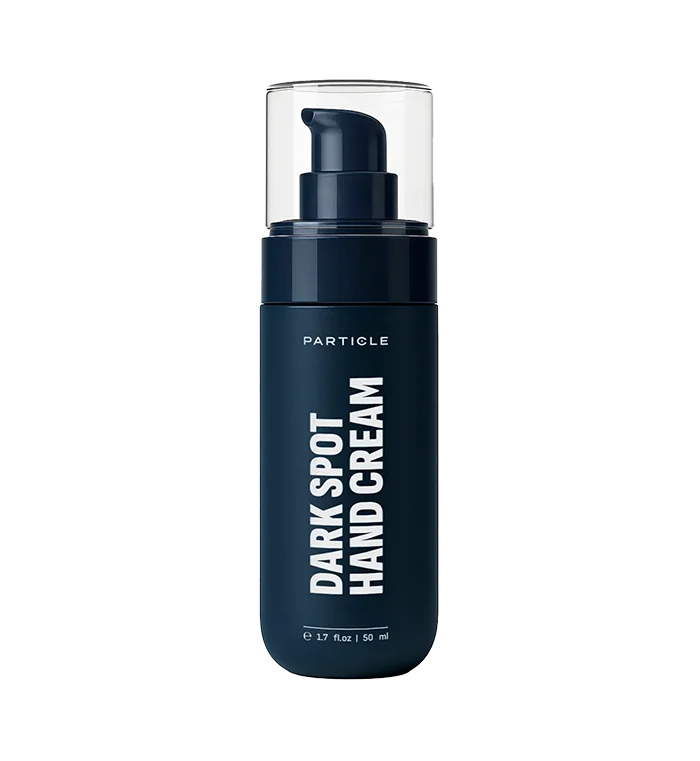
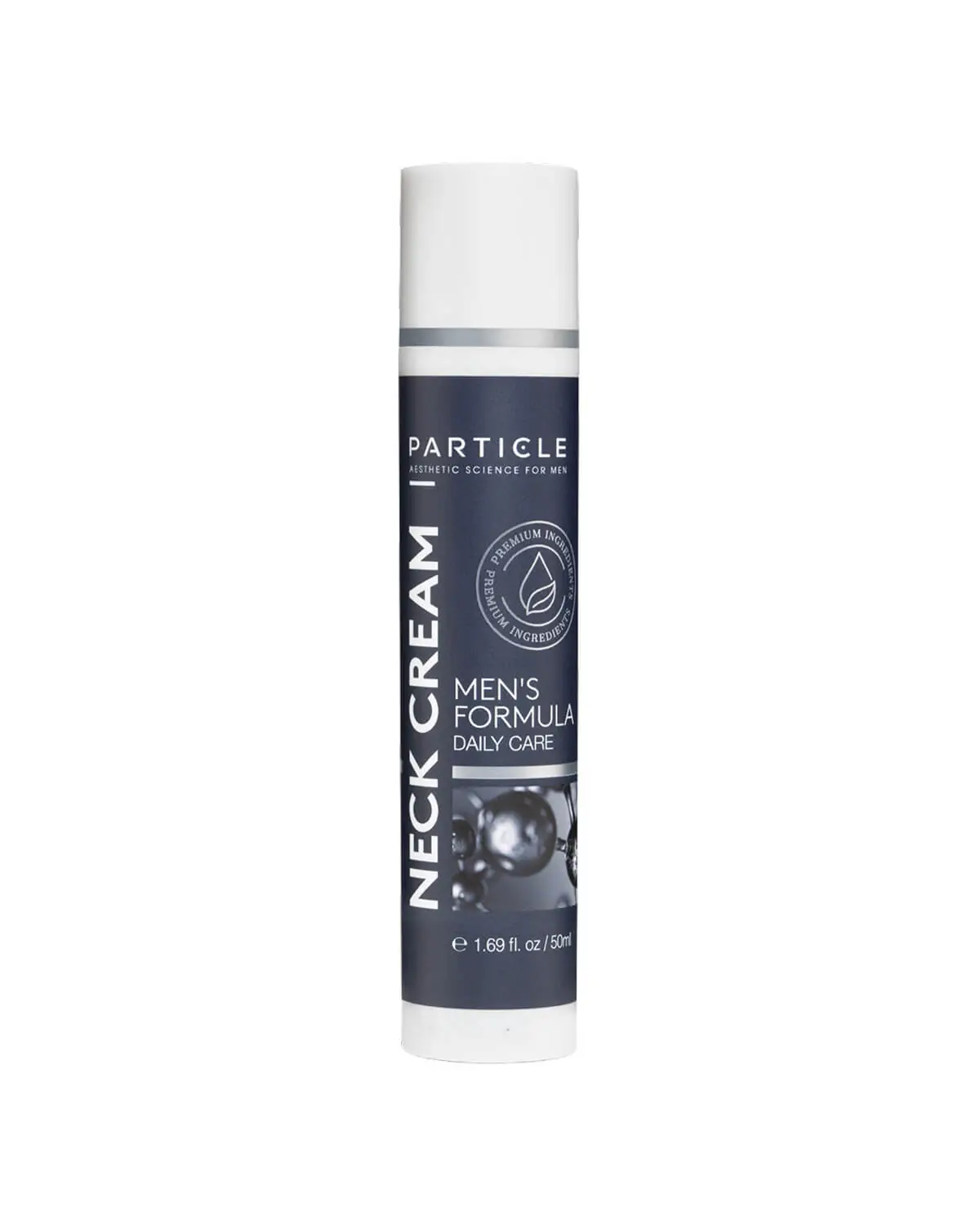
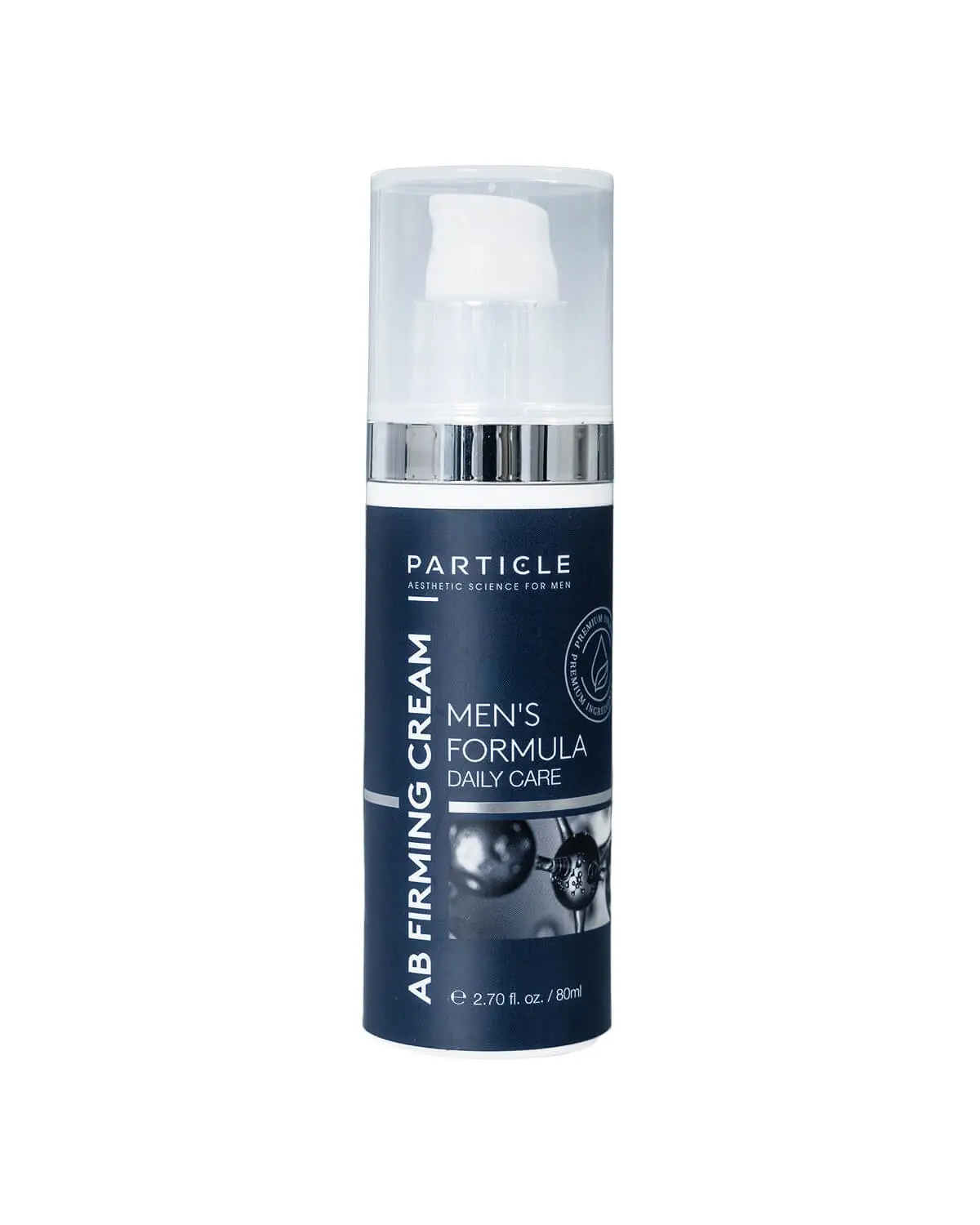
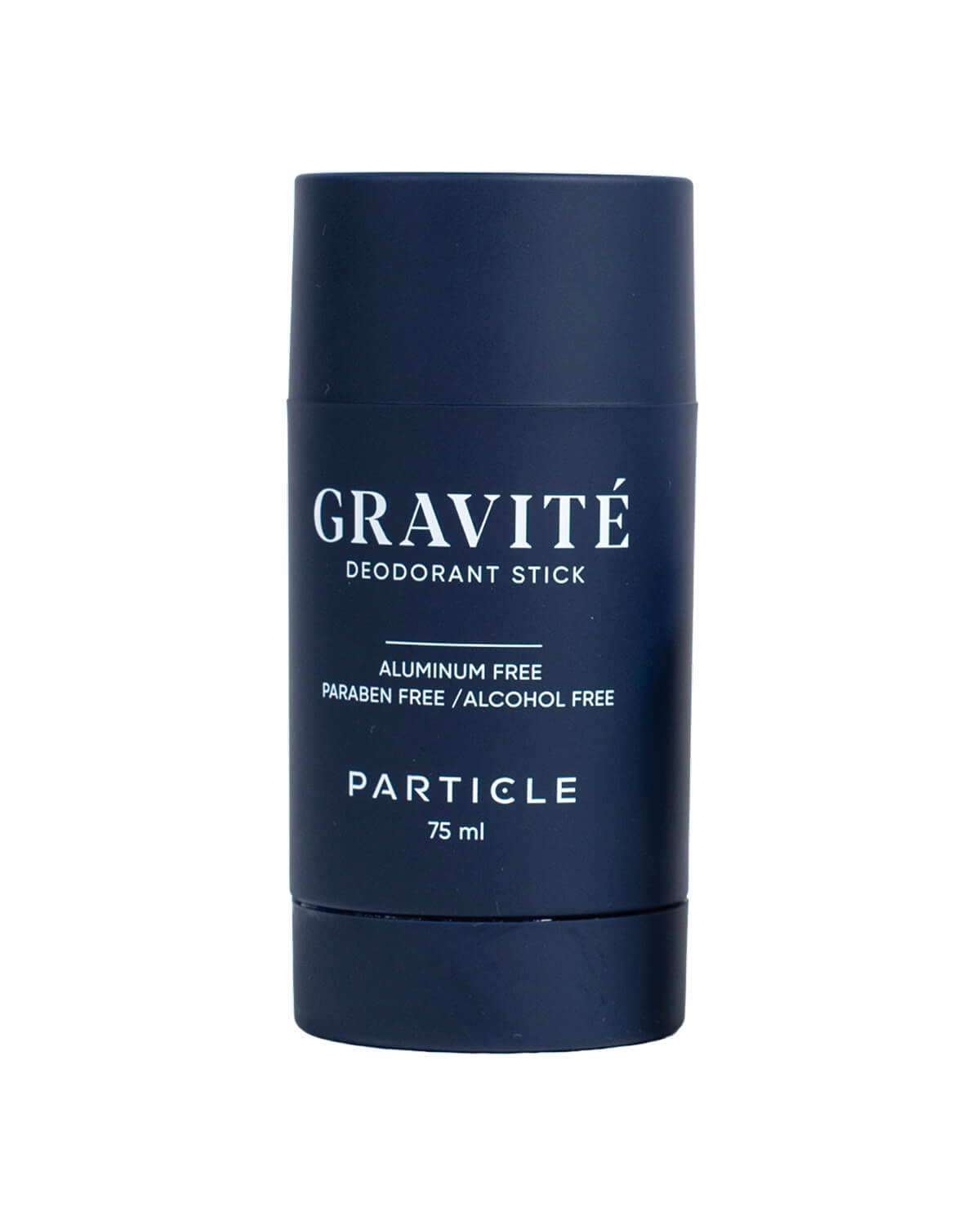
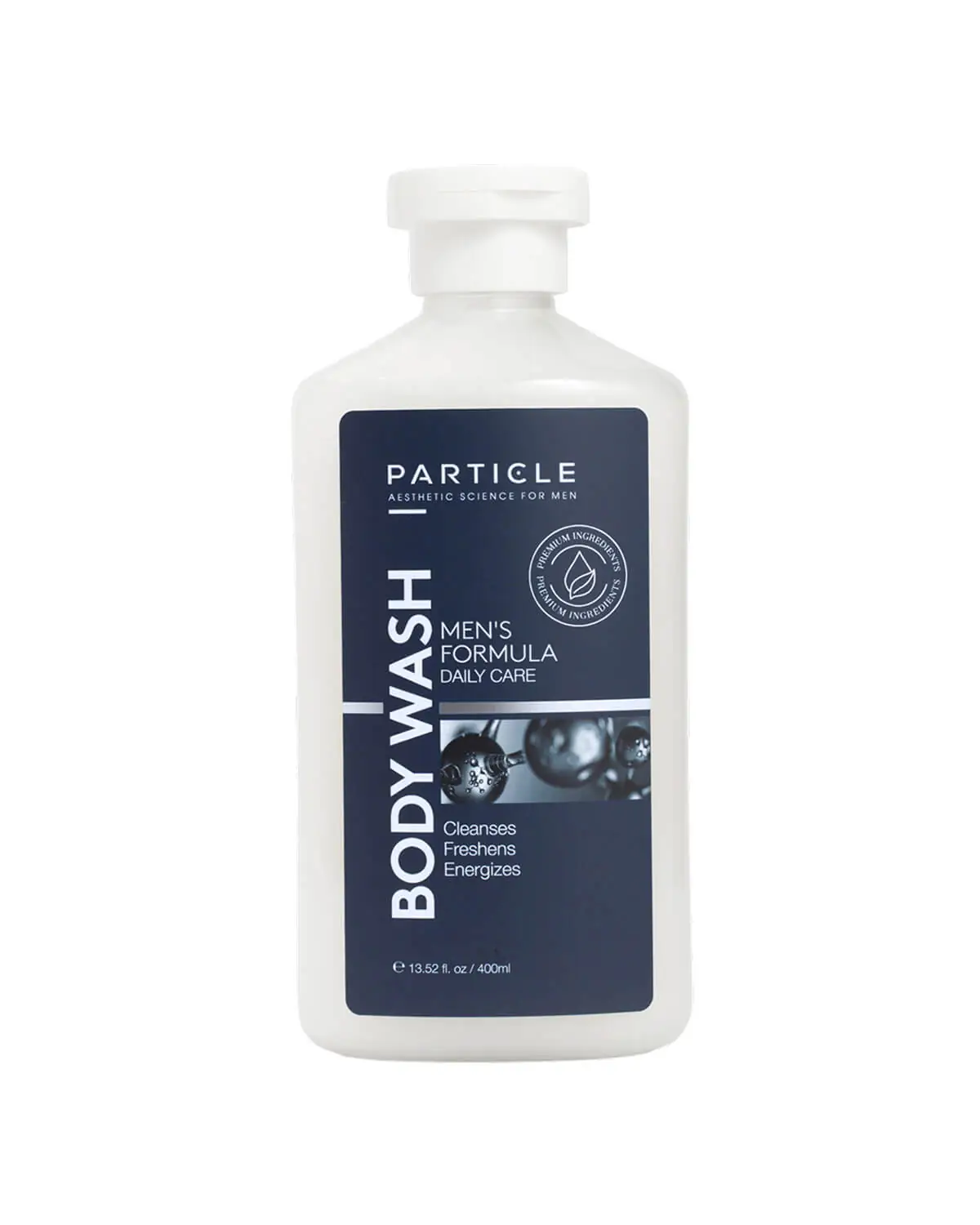
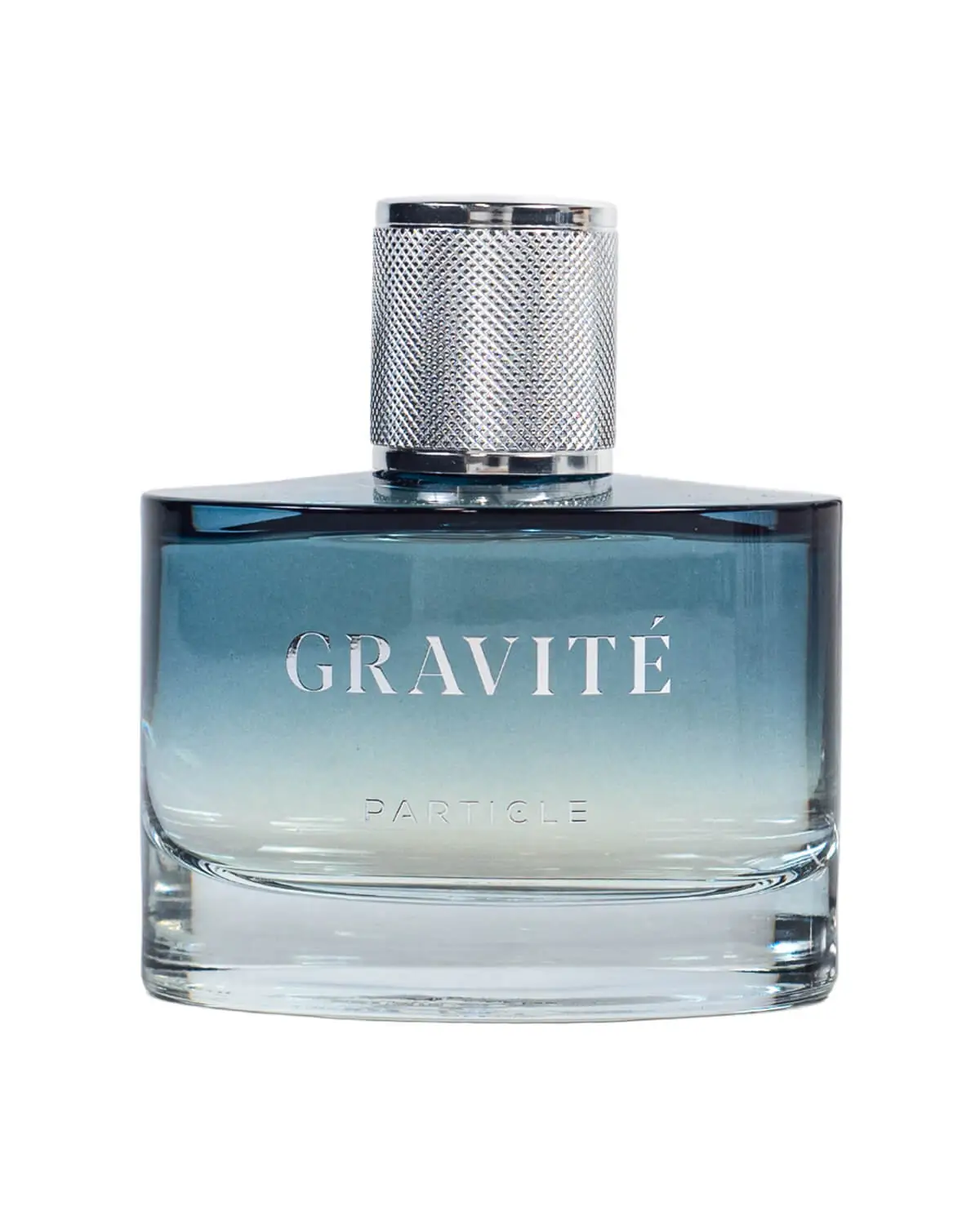

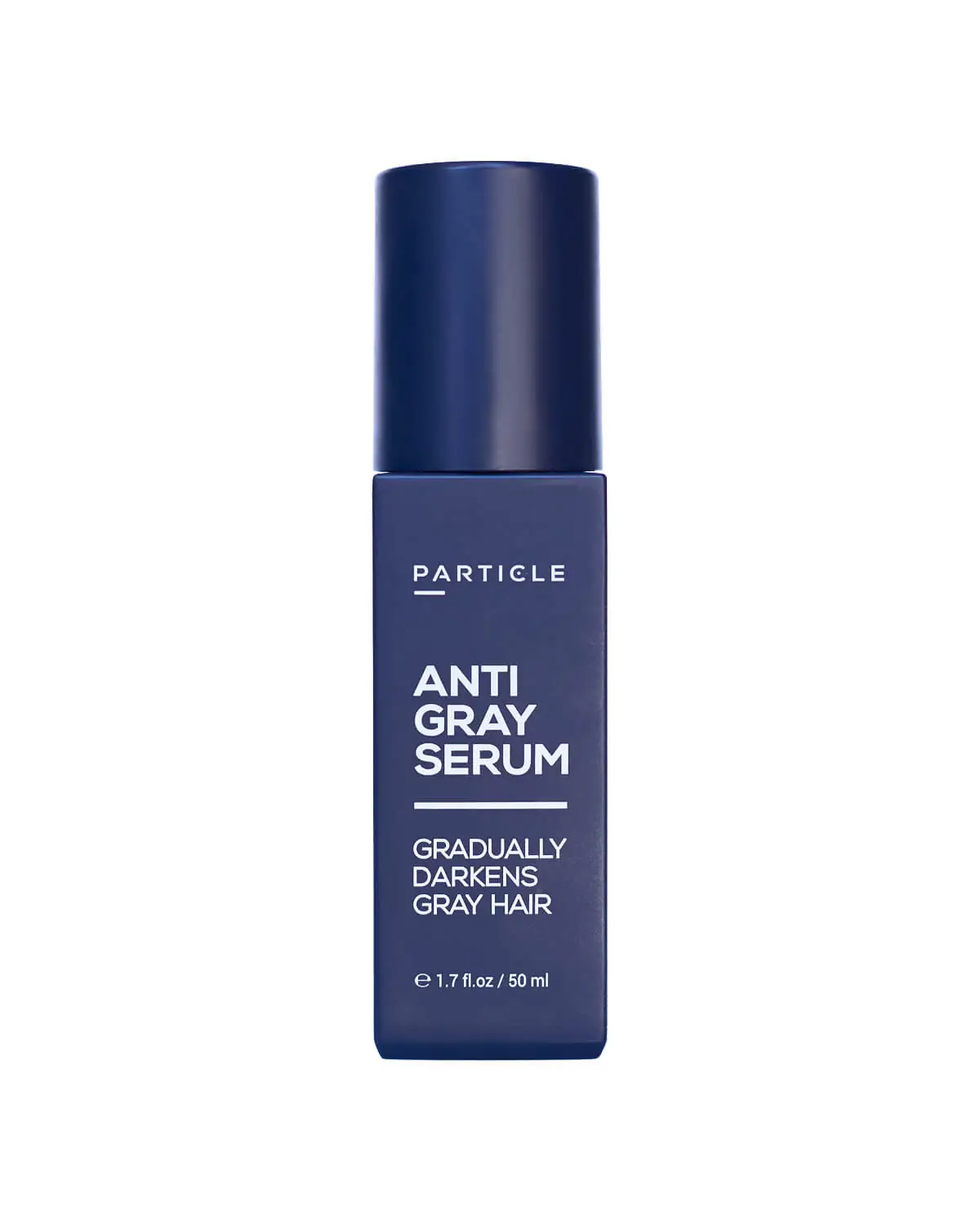
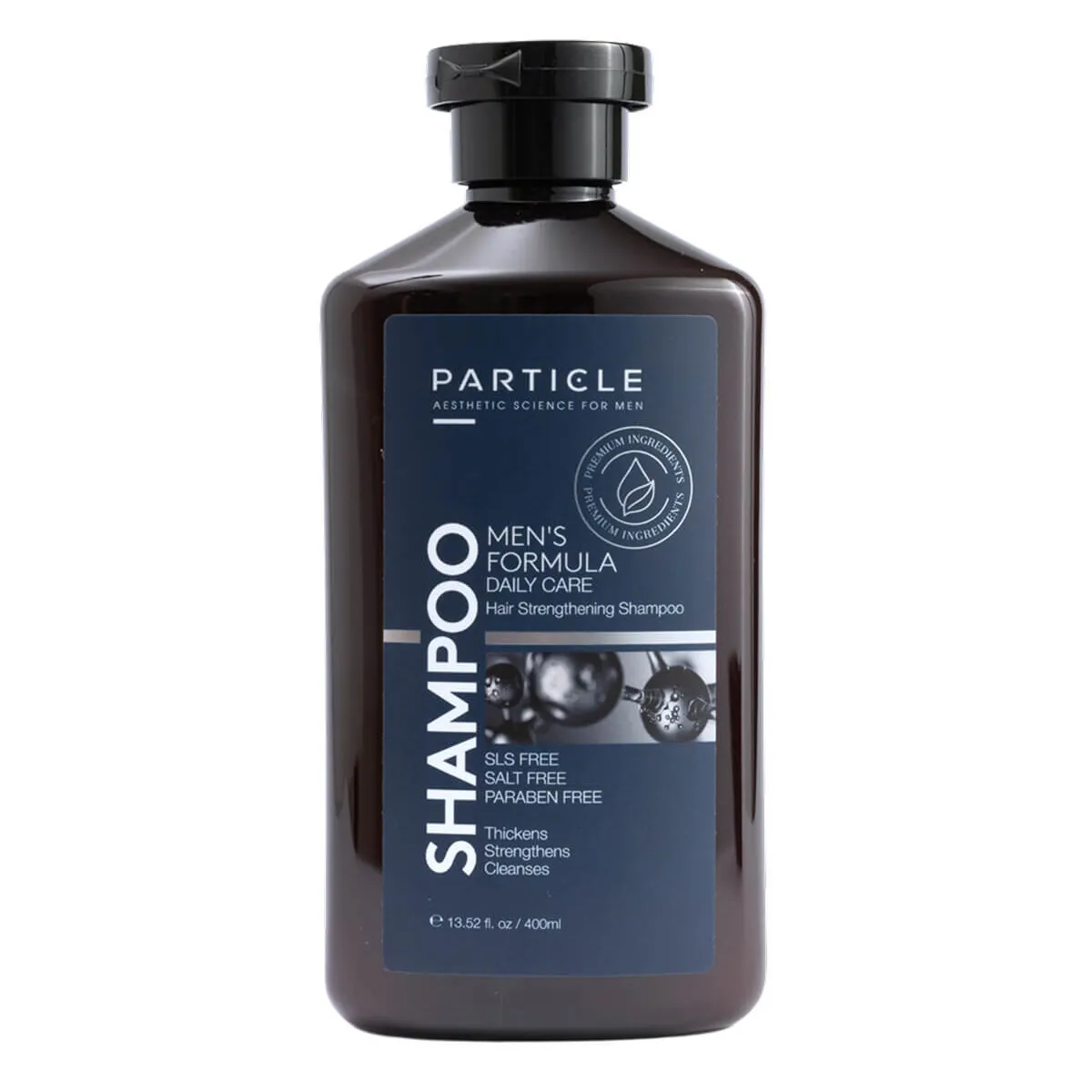
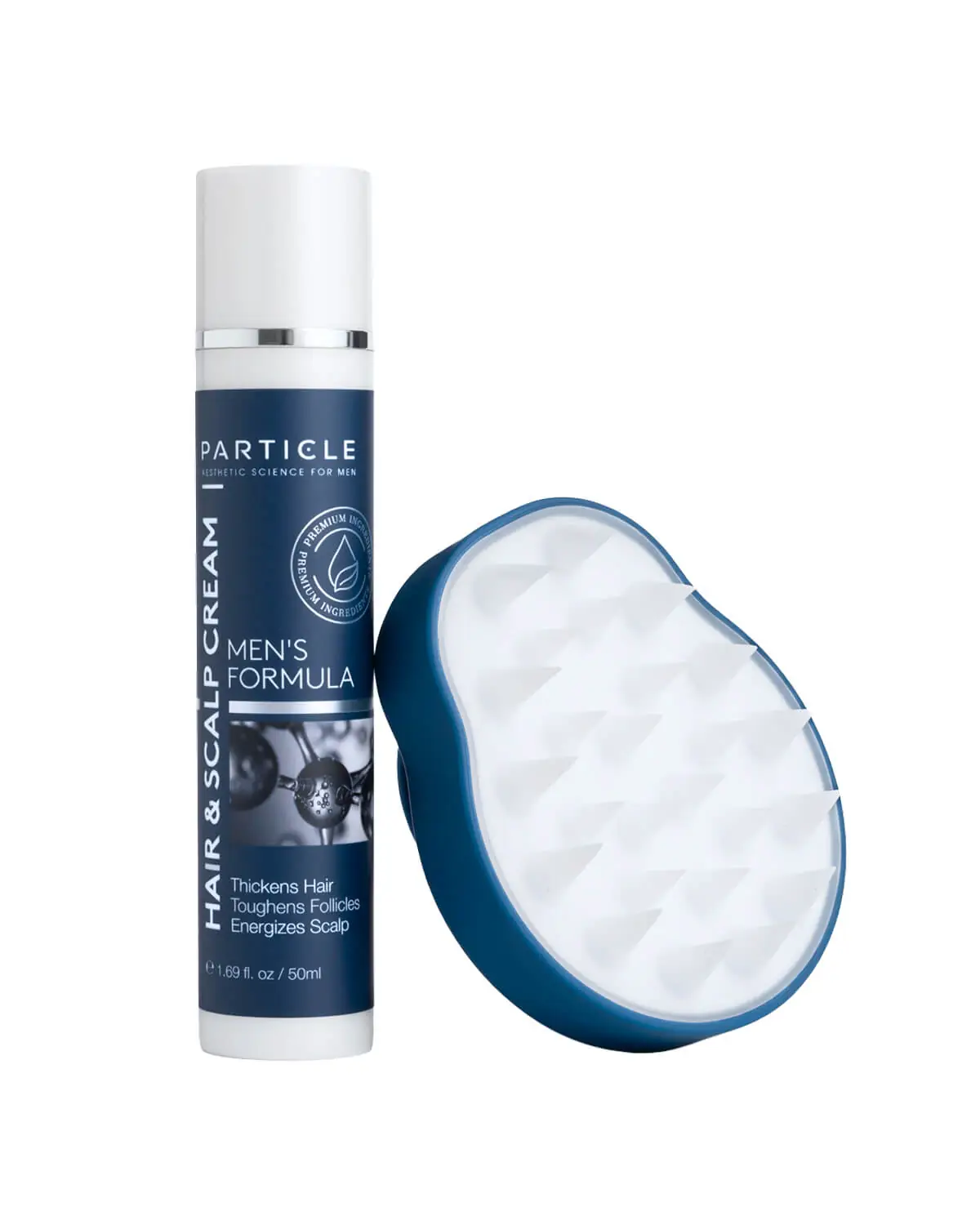
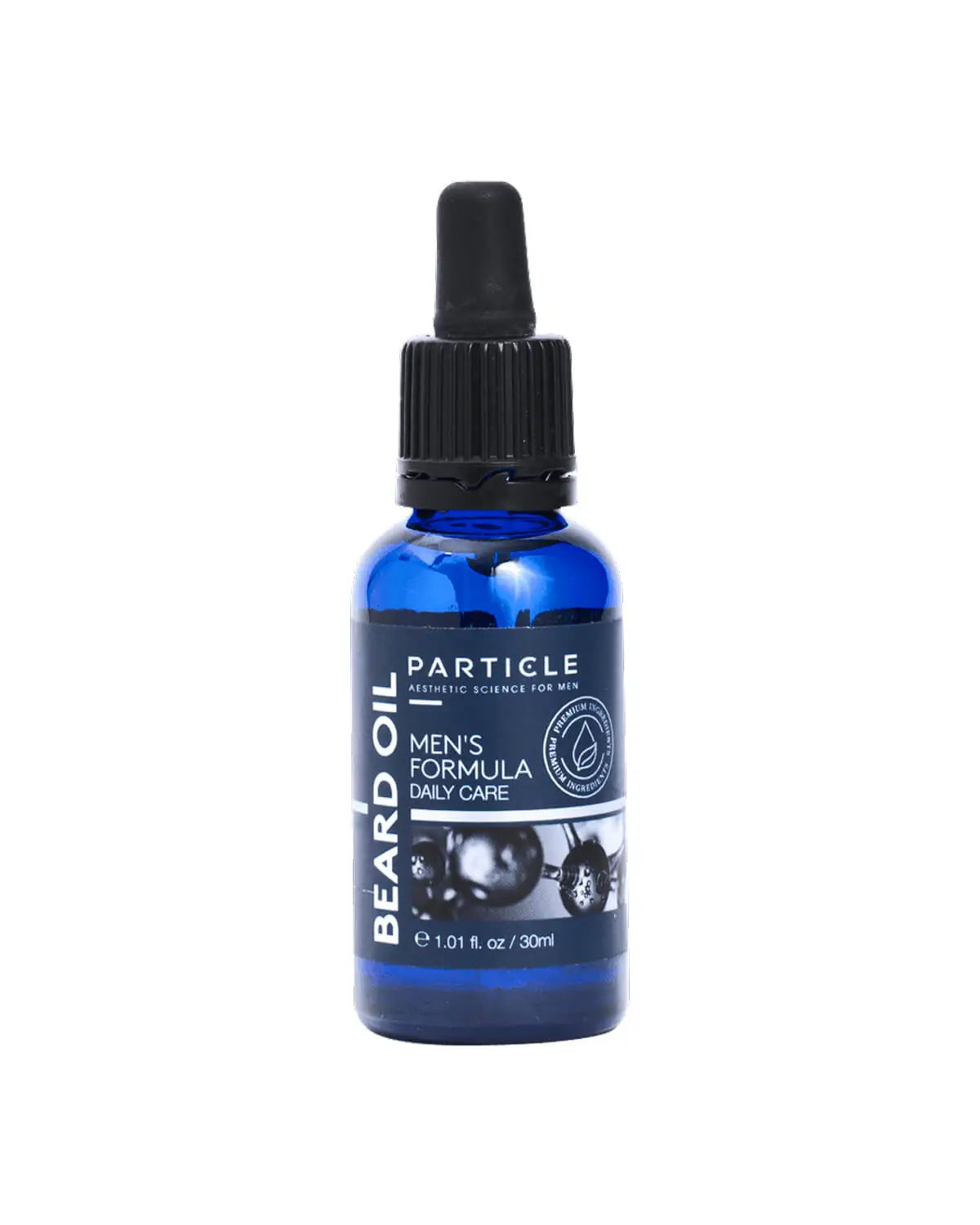
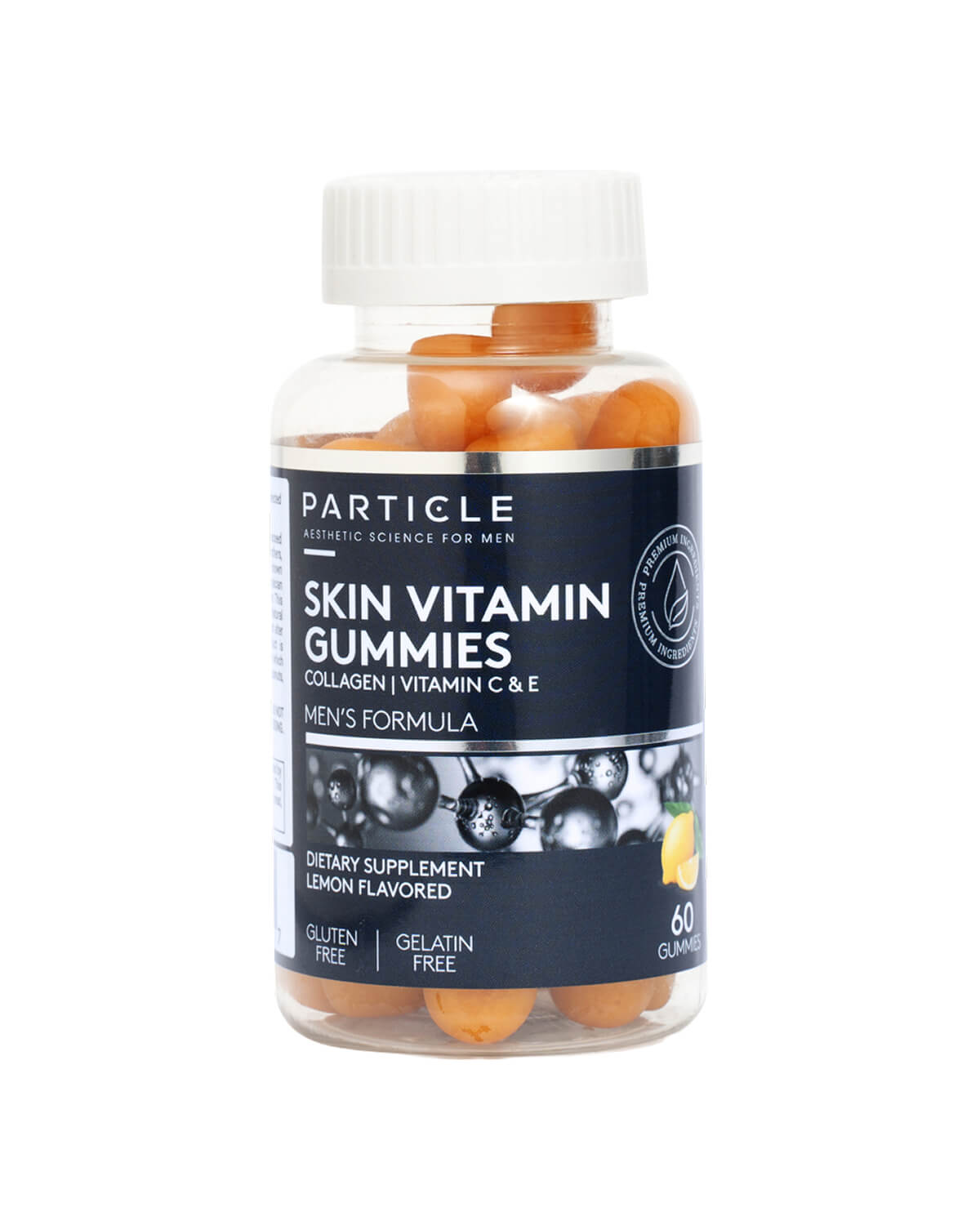
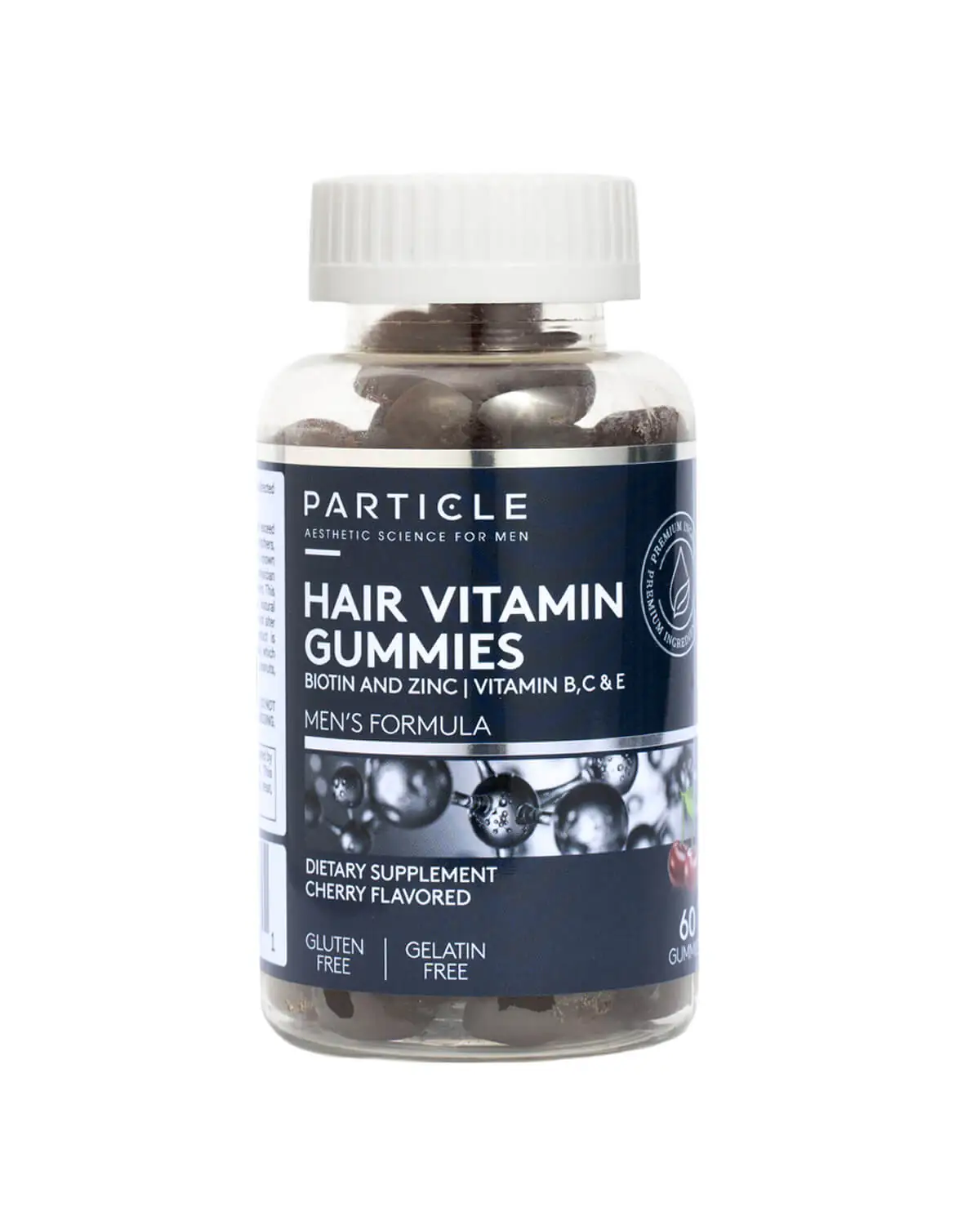
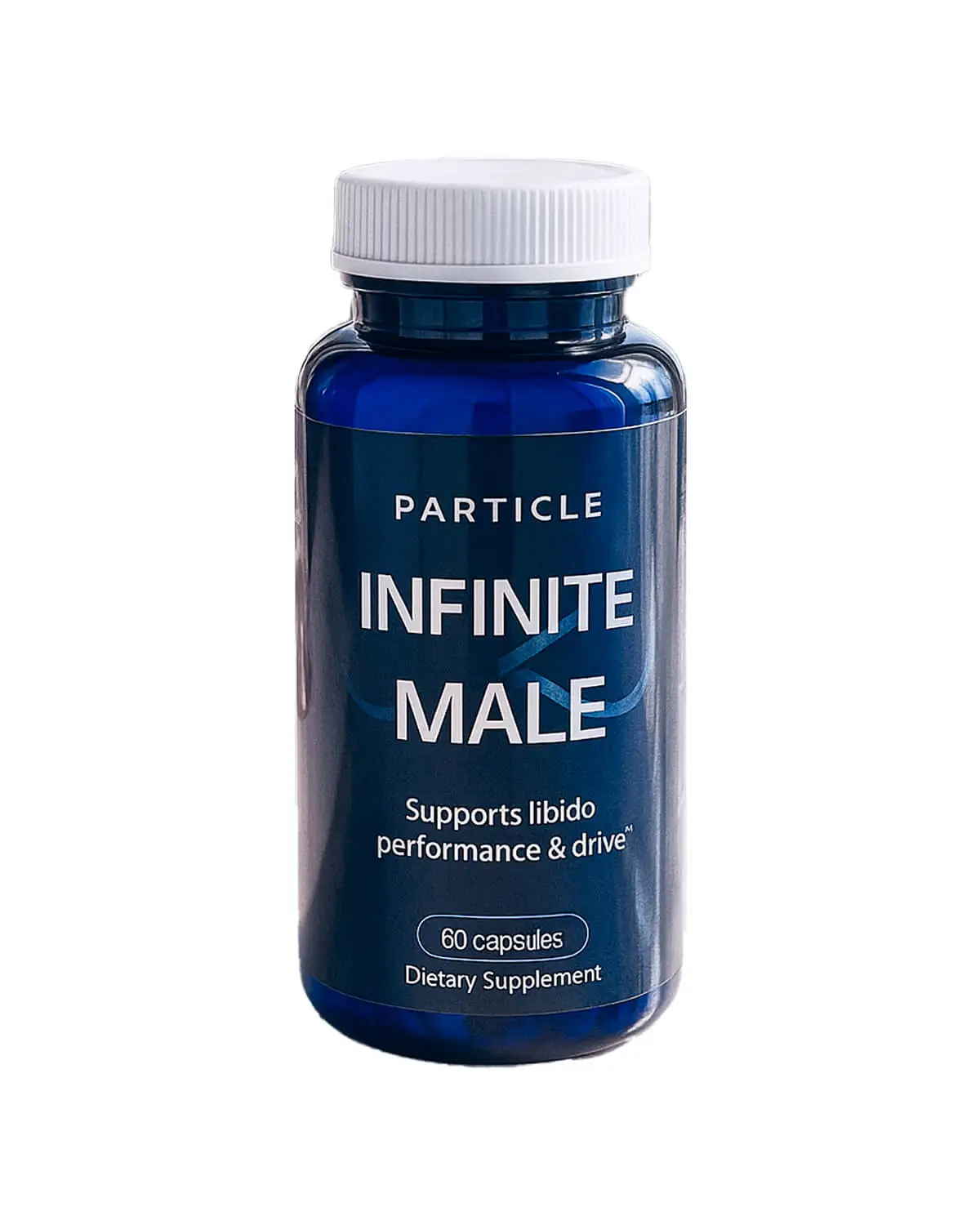

 en
en















